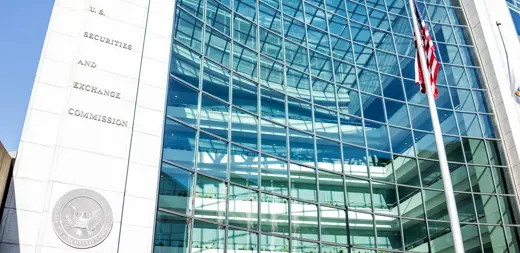Dealmaking bounced back after the Covid-19 pandemic thanks to a stronger economic outlook, rising equity markets, cheap financing, plenty of dry powder on the sidelines, and the availability of distressed assets.
At the same time, there have been a considerable number of real estate deals, particularly during the latter half of 2021. US commercial real estate transaction volume surged last year after the pandemic, with total volume up by 74% compared with the prior year, according to PwC data. Demand for real estate assets has been driven by the low-yield environment, the potential for enhanced returns and greater certainty after the pandemic.
All this activity has led to a greater demand for Escrow agreements, due in large part to the vast sums involved in M&A and real estate deals.
How can Escrow services help?
Third-party Escrow agents can help mitigate risk for both buyers and sellers by holding assets or funds until a deal is completed. This can be especially important when there is any uncertainty over whether one party or another will be able to fulfil their obligations under an agreement, for example
an Escrow is often used to hold part of the purchase price for a warranty period during which the purchaser can confirm the representations and warranties made by the seller, with the retention automatically released to the seller if no warranty claim is submitted which could be some years later.
What else can Escrow be used for?
It is not just M&A and real estate deals where Escrow services are used, however. There are many other situations where Escrow agents can help build trust and mitigate different types of risk.
Capital raising can be a risky business for an investment company if an investor reneges . Investors also need reassurance their capital will be put to good use. An Escrow agreement can ensure investors can access committed capital and ensure that cash is only accessed under certain conditions.






